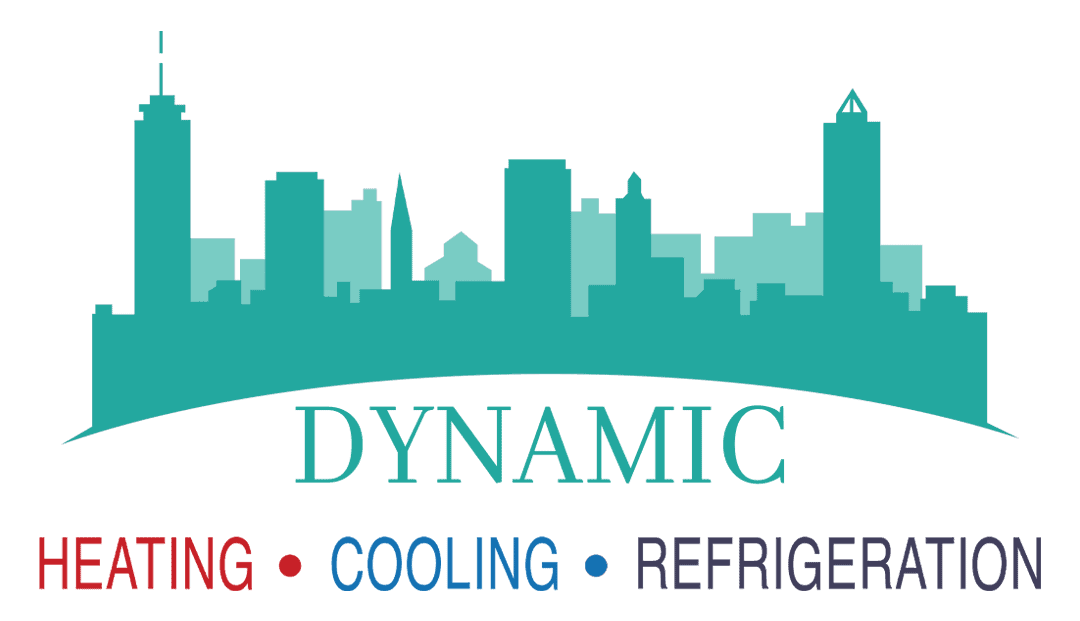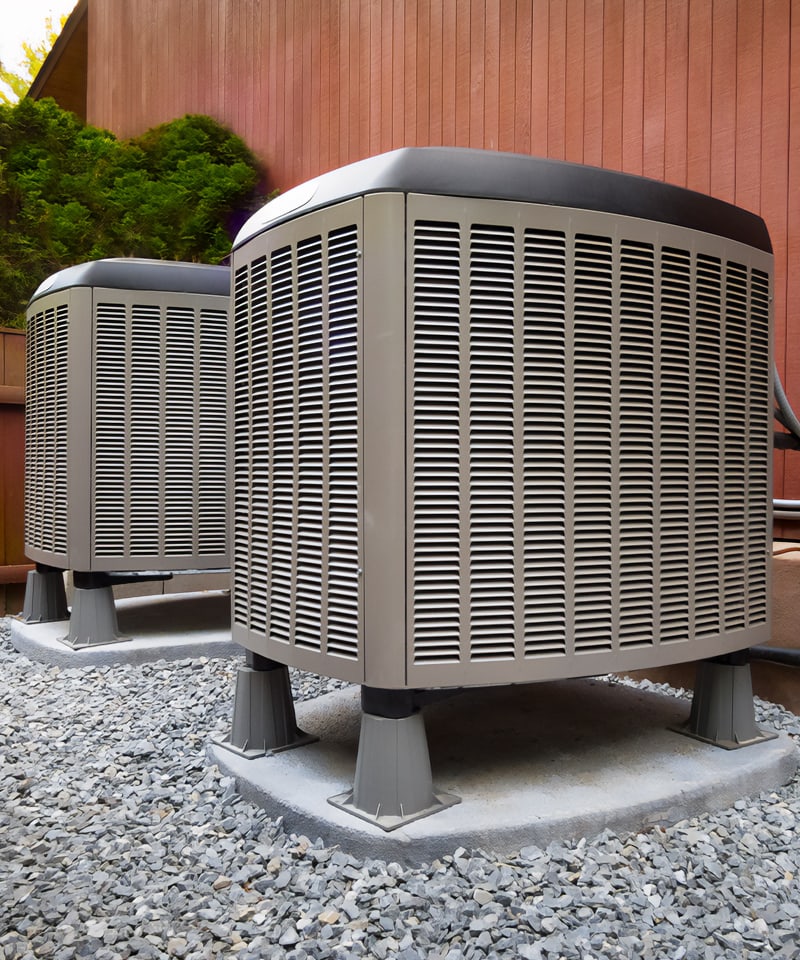In Canada, homeowners often face a critical decision regarding heating their homes: should they choose a heat pump or a furnace? This choice is influenced by several factors, including climate, energy efficiency, and costs. This article aims to shed light on the heat pump vs furnace Canada debate, helping Canadians make an educated decision that suits their specific needs.
What is a Heat Pump in Canada?
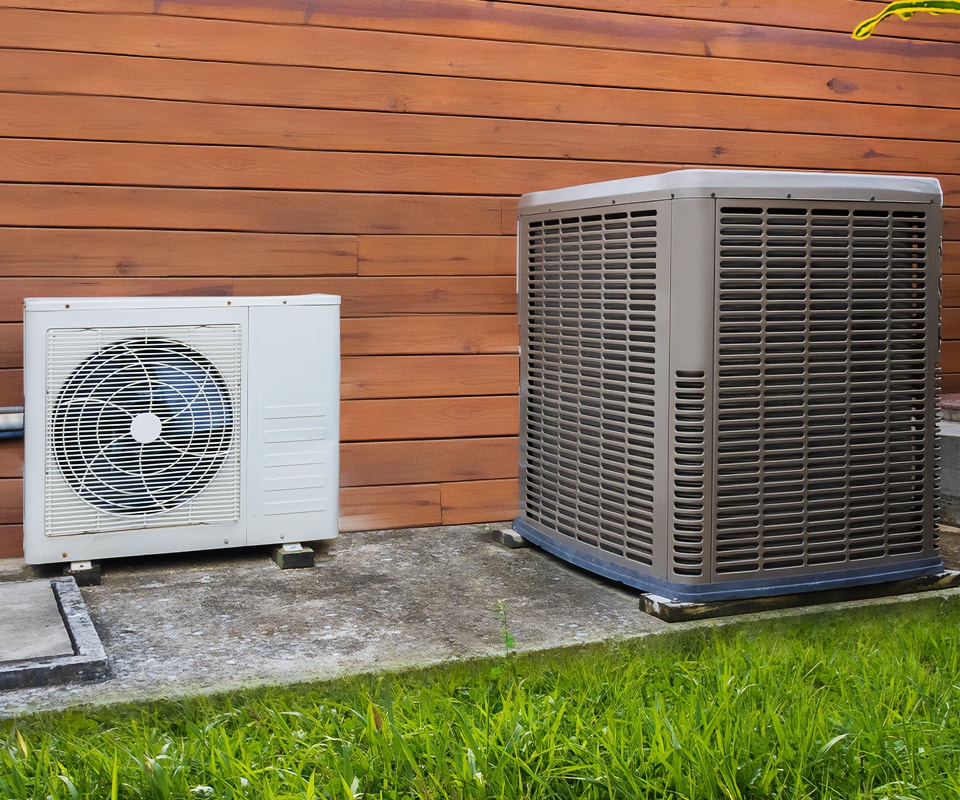
Part of understanding the difference between heat pump vs furnace Canada is comprehending the intricacies of both systems. A heat pump is a highly versatile and efficient solution for both heating and cooling, offering a sustainable alternative to traditional heating systems. Keep reading to explore Canada’s heat pump pros and cons.
Unlike conventional systems, a heat pump doesn’t generate heat through combustion. Instead, it utilizes the principle of heat transfer, moving heat from one location to another. This method is particularly energy-efficient, making heat pump Canada a popular choice based on the local climate. They are adept at extracting heat from external sources – air, ground, or water – and using it to warm your home during the winter months.
Conversely, in the summer, they reverse the process to cool your home, making them an all-year-round solution for maintaining comfortable indoor temperatures. This dual-functionality, combined with their eco-friendly nature, positions heat pumps as an increasingly preferred option for maintaining optimal home comfort in Canada.
Exploring Each Option for Heat Pumps in Canada
When it comes to heating and cooling your home in Canada, selecting the right type of heat pump is crucial for comfort and energy efficiency. Heat pumps are lauded for their ability to provide heating and cooling by transferring heat rather than generating it.
However, not all options for heat pumps in Canada are created equal, and the variety available caters to different needs, preferences, and environmental conditions. From air to water systems that are gaining traction in regions with milder winters to ground source pumps ideal for extreme climates and ductless options perfect for homes without existing ductwork, the range is extensive.
Air to Water Heat Pump Canada Technology
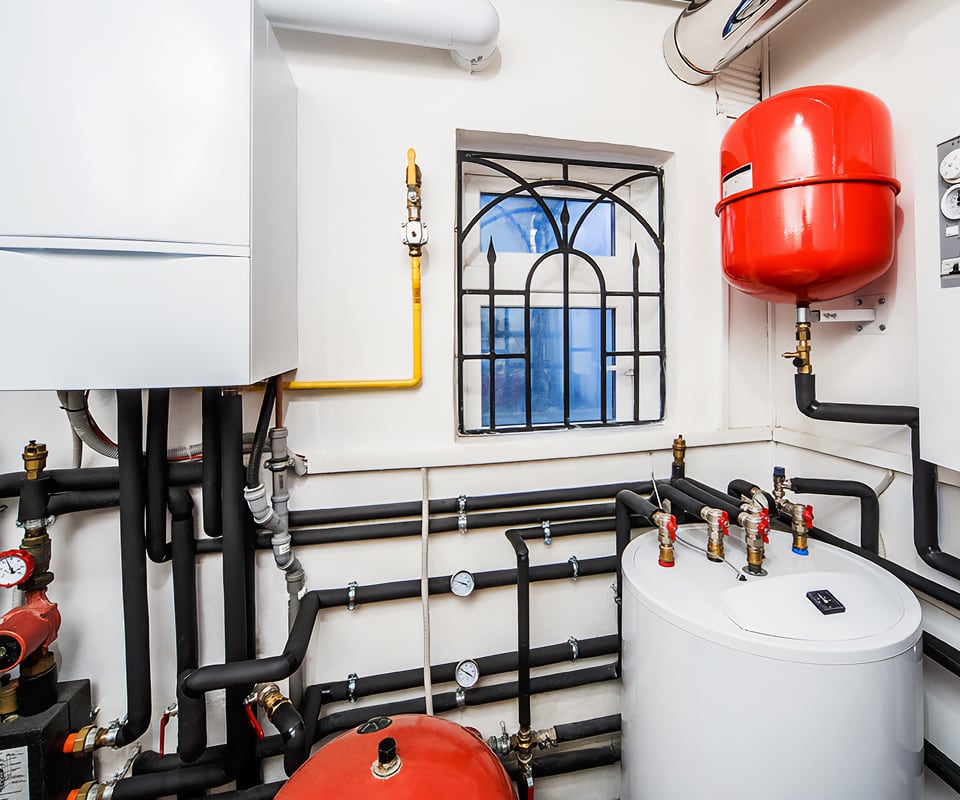
In Canada, particularly in regions with milder winters, such as British Columbia and Nova Scotia, the air-to-water heat pump Canada technology is gaining significant traction. These systems, often referred to as heat pump boiler systems, operate by extracting heat from the ambient air and using it to heat water. This dual functionality makes them an efficient and versatile choice for home heating and domestic hot water needs.
Heat Pump Boiler System: A Modern Solution
The heat pump boiler system stands out as a modern heating solution, combining the efficiency of heat pumps with the functionality of traditional water heating systems. This hybrid approach allows for efficient energy use, translating into lower running costs and reduced environmental impact.
Heat Pump vs Boiler Running Cost
Regarding running costs, the comparison between a traditional boiler and a heat pump boiler system reveals some clear advantages for the latter. Heat pump systems typically have lower operating costs as they utilize ambient air – a renewable and readily available resource. This contrasts with conventional boilers that often rely on gas or oil, which are subject to market price fluctuations and have a greater carbon footprint. Therefore, for Canadian homeowners, especially in areas with milder climates, the air-to-water heat pump technology can offer not only a sustainable heating solution but also a cost-effective one in the long run.
Ducted Air Source Heat Pump Prices Canada
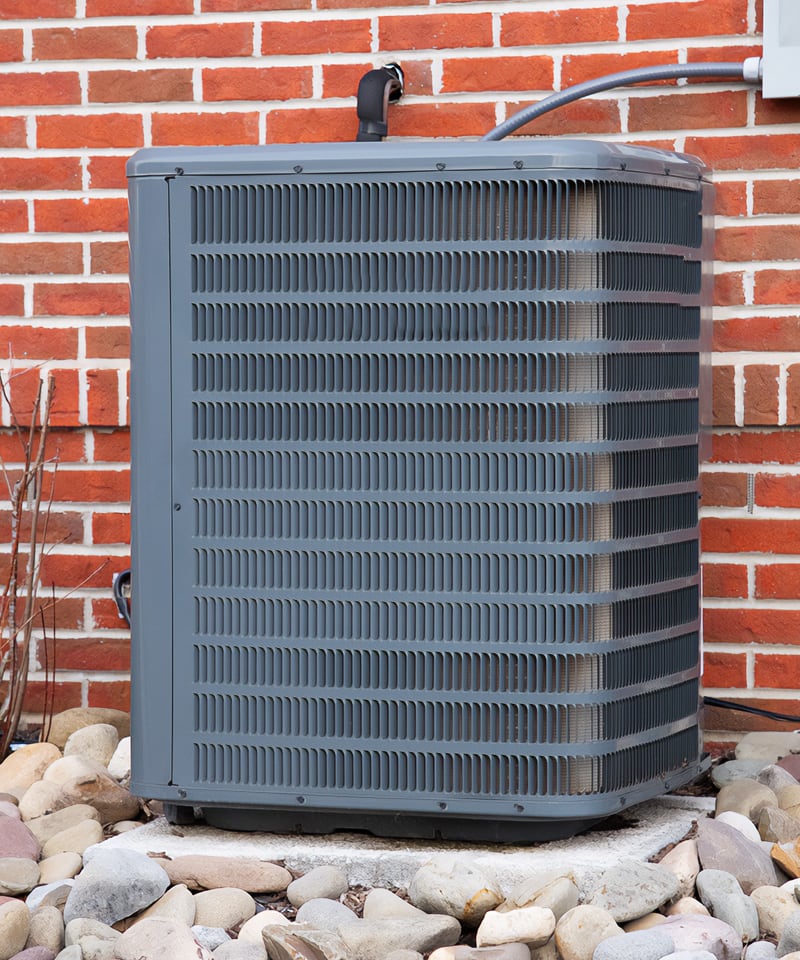
Ducted air source heat pumps are commonly used in Canadian homes. They extract heat from outside air and distribute it throughout the home via ductwork. This type is ideal for homes with existing duct systems and offers an efficient way to provide heating and cooling. When considering installing such systems, homeowners often inquire about ducted heat pump prices Canada.
The ducted air source heat pump cost can vary based on the size of the home, the specific system chosen, and installation complexities, but generally, they represent a cost-effective solution considering the long-term energy savings they offer. Their dual functionality and energy efficiency make them a smart investment for Canadian households seeking a reliable and sustainable climate control solution.
Ground Source (Geothermal) Heat Pumps in Canada
Ground source heat pumps Canada, also known as geothermal heat pumps, utilize the stable temperature of the ground to heat and cool your home. These systems are more expensive to install but can offer significant energy savings and are particularly effective in regions with extreme weather conditions.
While the initial installation of ground source heat pumps in Canada may present a higher cost than other heating systems, the long-term benefits are significant. These include substantial energy savings due to their high efficiency and lower operating costs. The durability and reliability of geothermal systems make them a worthwhile investment, especially in Canadian regions that experience a wide range of weather conditions throughout the year.
Ductless Mini-Split Heat Pumps
For homes without existing ductwork, ductless mini-split heat pumps are an excellent option. These systems consist of an outdoor unit connected to one or more indoor units, providing targeted heating and cooling without the need for extensive ductwork.
Electric Heat Pumps
Electric heat pumps are a common choice in areas where natural gas is not readily available. They use electricity to move heat, making them a clean and efficient option for heating and cooling.
Hybrid Heat Pump Systems
Hybrid systems combine a heat pump with a traditional furnace, often a gas furnace. These systems automatically switch between the heat pump and the furnace based on temperature, ensuring efficient heating while keeping operational costs low.
Each type of heat pump offers unique advantages and suits different needs and climatic conditions. When considering a heat pump for your Canadian home, it’s crucial to evaluate your specific requirements, including the local climate, home layout, and existing infrastructure, to choose the most suitable option.
The Role of Furnaces in Canadian Homes
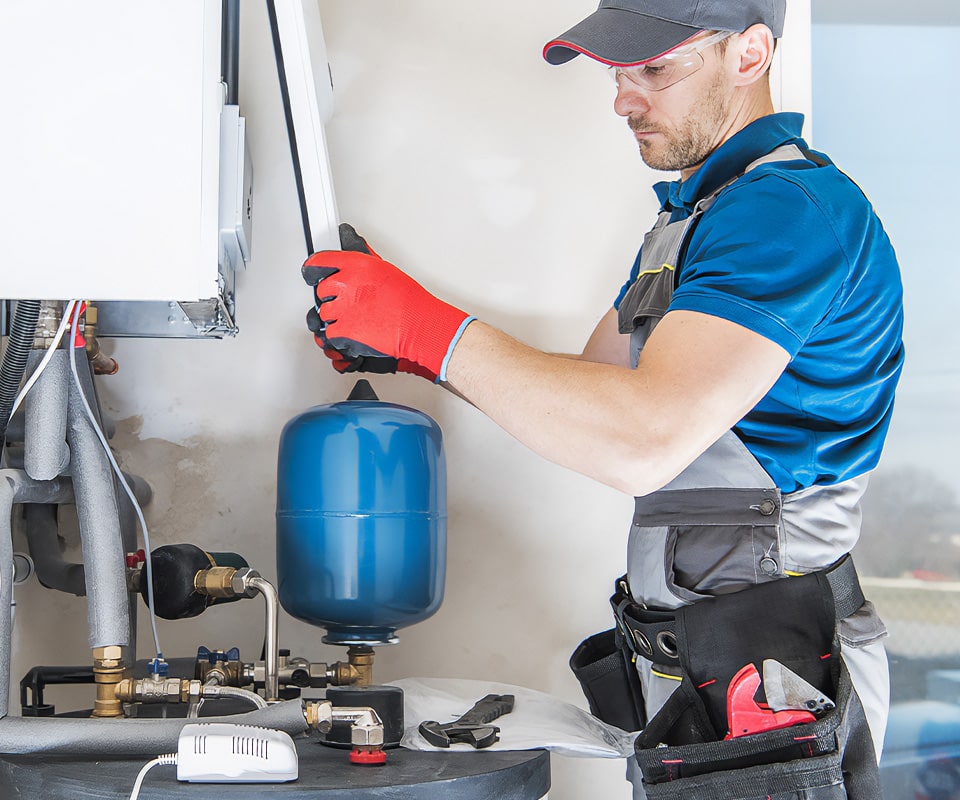
In the heart of Canadian winters, furnaces are a time-tested solution, delivering unwavering warmth and comfort. Known for their reliability and efficiency, furnaces are an integral part of home heating, adept at handling the country’s often harsh and frigid weather conditions.
What is a Furnace?
A furnace is a heating system that works by burning fuel or using electricity to create warm air, which is then circulated throughout a home. In essence, furnaces generate heat through combustion (in the case of gas or oil furnaces) or by heating elements (in electric furnaces), making them a central feature in maintaining a warm and inviting home environment during the cold months.
Types of Canada Furnace Options
- Gas Furnaces: The most common type in Canadian homes, particularly in urban areas with existing gas lines. They are known for their efficiency and quick heating capabilities.
- Oil Furnaces: Often used in areas where natural gas is not readily available. They are durable and provide high heat output but can be more costly to operate due to the price of oil.
- Electric Furnaces: Ideal for areas without access to natural gas or oil. They are generally cheaper to install but may have higher operating costs due to the price of electricity in Canada.
- Propane Furnaces: Used in rural areas where natural gas is not an option. Propane furnaces are similar to natural gas models in efficiency and performance but require storage tanks for the propane fuel.
Canada Furnaces: A Staple in Canadian Homes
In the Canadian residential landscape, especially in the colder regions, gas furnaces are often the go-to choice. Their robust heating abilities make them well-suited to combat Canada’s severe winter temperatures.
The installation process is generally more straightforward in homes already connected to a gas line, making them a convenient and popular choice. Additionally, modern gas furnaces are designed to be highly efficient, converting a high percentage of the gas into usable heat, which translates into lower energy bills and reduced environmental impact.
Best Furnace for Cold Climates
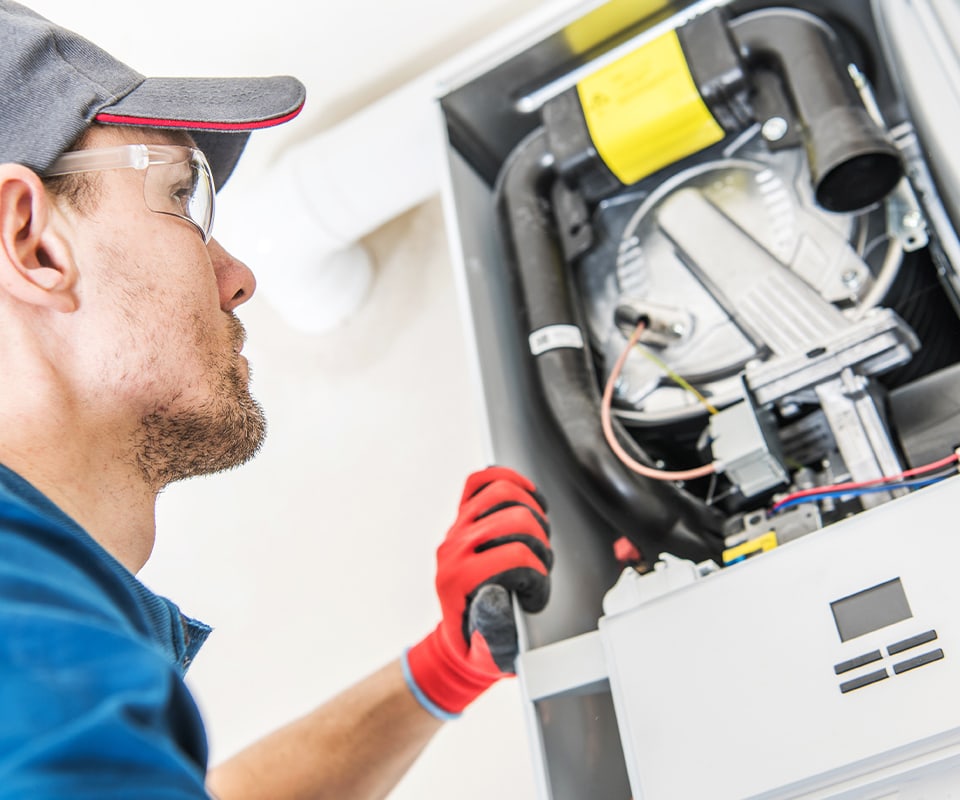
When selecting the best furnace for cold climates, especially in regions with harsh winters like many parts of Canada, it’s important to consider several key factors to ensure efficient and reliable heating. Here are some recommendations:
High-Efficiency Gas Furnaces
Gas furnaces with high Annual Fuel Utilization Efficiency (AFUE) ratings are often the best choice for cold climates. Look for furnaces with an AFUE rating of 95% or higher. This means they convert most of the fuel to heat, minimizing energy waste.
Brands like Trane, Lennox, and Carrier are known for their high-efficiency models that perform exceptionally well in cold conditions.
Furnaces with variable-speed blowers are more effective in distributing heat evenly throughout your home. This technology adjusts the blower speed to deliver a consistent and comfortable temperature.
Heat Pump vs Furnace Canada: A Comparative Analysis
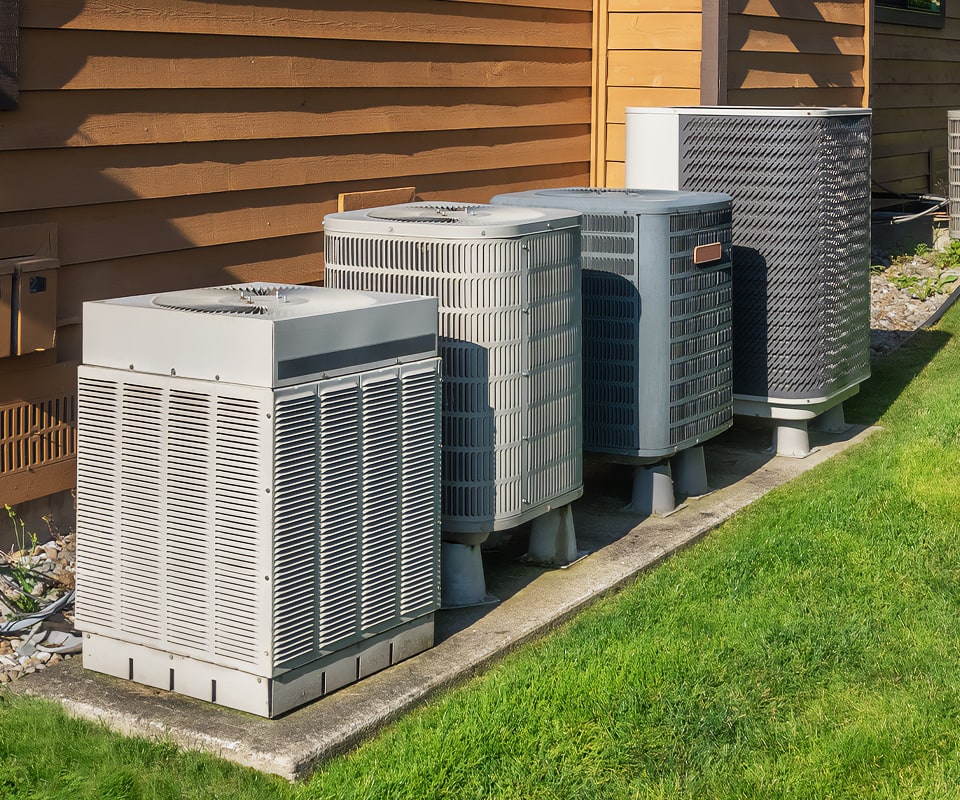
The heat pump vs furnace Canada debate hinges significantly on efficiency. Heat pumps are generally viewed as more energy-efficient for a good reason. Their mechanism involves transferring heat from one place to another, rather than the traditional heat generation method, as a furnace does.
This process not only conserves energy but also reduces greenhouse gas emissions, making heat pumps an eco-friendly choice. In contrast, during Canada’s notorious extreme cold spells, high-efficiency gas furnaces often have the upper hand, especially considering proper furnace maintenance. These furnaces are capable of generating intense heat quickly and maintaining consistent warmth, a crucial factor in battling severe winter temperatures.
Does a Heat Pump Replace a Furnace?
In many Canadian regions, particularly those with milder climates, a heat pump can entirely replace a furnace. However, in colder areas, a furnace might still be essential to meet the heating demands of the coldest days.
Do You Need a Furnace With a Heat Pump?
In colder parts of Canada, combining a furnace with a heat pump can offer the most efficient and reliable heating solution, ensuring comfort even in the harshest winter conditions.
Heat Pump vs Gas Furnace in Ontario and British Columbia
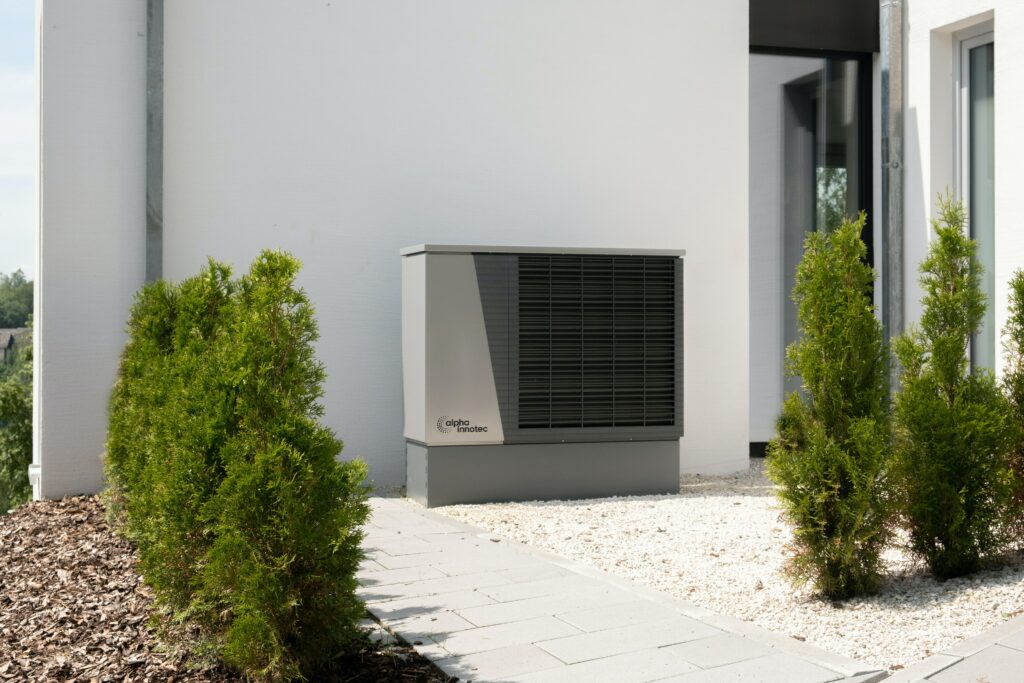
When debating heat pump vs furnace in the context of Canada’s diverse climates, particularly in Ontario and British Columbia (BC), it’s essential to consider regional specifics, as well as the advantages and disadvantages of heat pumps. Both provinces exemplify the unique challenges and opportunities in selecting the right heating system, whether a heat pump or a gas furnace.
Heating Systems in Ontario
In Ontario, renowned for its harsh winters, the efficiency of a gas furnace often outweighs that of a standard heat pump. The plummeting temperatures can push the capabilities of conventional heat pumps to their limits, necessitating a more robust heating solution like a gas furnace Canada.
However, during Ontario’s milder seasons, heat pumps are highly effective, offering an energy-efficient and cost-effective way to maintain comfortable indoor temperatures. Their ability to reverse function for cooling during warmer months further adds to their appeal, presenting a versatile solution for Ontario’s varied climate.
It’s important to note the necessity of proper heat pump maintenance for its improved functionality in any climate.
Heat Pump vs Gas Furnace BC
Conversely, British Columbia’s climate diversity demands a more nuanced approach. The coastal regions of BC, characterized by milder winters, are well-suited for heat pumps, which provide efficient heating and cooling with lower energy costs and reduced environmental impact.
However, in the colder interior and northern regions, gas furnaces might be more appropriate due to their capacity to generate consistent and powerful heat, essential for tackling the severe winter temperatures.
Selecting Cold Climate Heat Pumps

Both Ontario and BC homeowners can benefit from selecting heat pumps designed for colder climates. These specialized heat pumps are engineered to operate efficiently in lower temperatures, making them a viable option even during colder months. With advanced compressor technology and optimized refrigerant flow, these systems can effectively extract heat from frigid outdoor air, maintaining a comfortable indoor environment.
Balancing Efficiency and Reliability
The decision between a heat pump vs furnace Canada, whether in Ontario or BC, involves balancing the need for efficient heating during milder conditions with the reliability required during extreme cold. In both provinces, the choice is influenced by local weather patterns, energy costs, and environmental considerations.
Homeowners in Ontario might lean towards gas furnaces for the coldest months but opt for heat pumps in milder weather, while in BC, the decision could vary significantly from one region to another, with coastal areas favouring heat pumps and colder regions preferring gas furnaces.
Heat Pump Installation Cost Canada
Installing a heat pump in Canada usually incurs higher initial costs than a traditional furnace. This is attributed to the complexity of heat pump systems, which require both indoor and outdoor units, and the labour-intensive installation process.
Toronto Heat Pump: Cost vs Savings
In Toronto’s relatively mild climate, the long-term savings potential of heat pumps often outweighs the initial higher installation cost. This makes heat pumps an attractive option for Toronto residents, balancing upfront investments with future energy savings.
Initial Investment and Rebates
“Are Heat Pumps Worth It in Canada?” often comes down to long-term financial savings and environmental benefits. With government rebates and incentives, the initial higher cost of heat pumps can be offset, making them a viable option for many Canadian homes.
Contact Dynamic Heating and Cooling for Toronto Heat Pump Advice
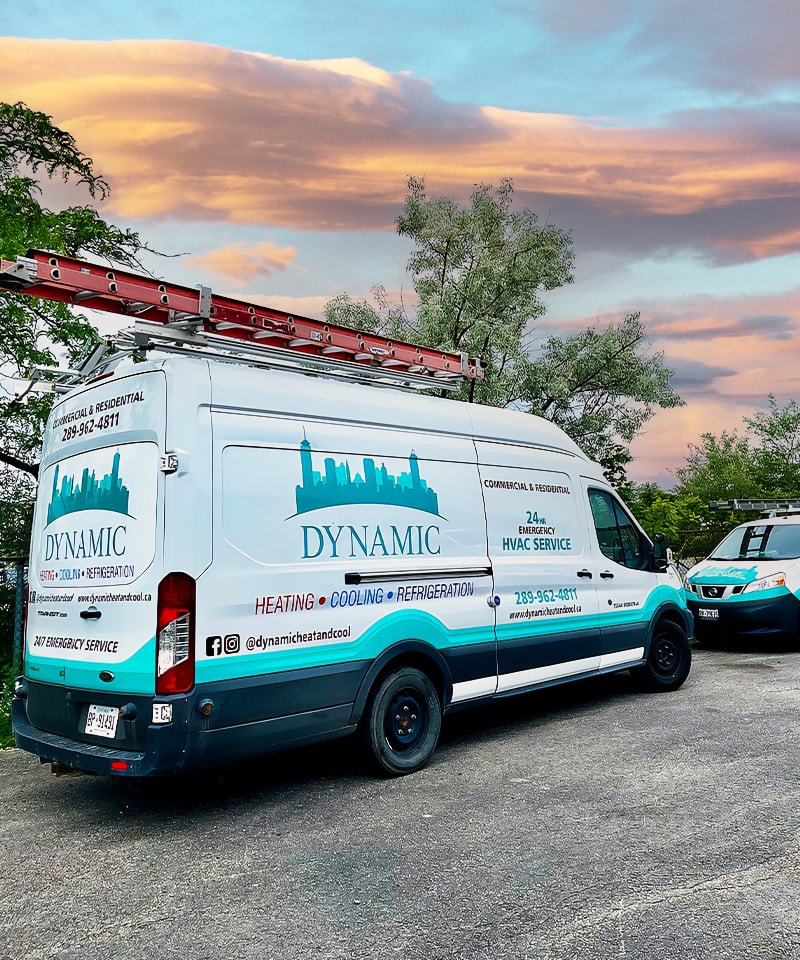
In conclusion, whether a heat pump or a furnace is the better choice for a Canadian home depends on various factors, including the local climate, energy costs, and specific household needs. Both systems have advantages in different scenarios, and often, the best solution might involve a combination of both.
Feel free to contact us to gain a better perspective on your unique situation in the GTA region. Our team of HVAC professionals offers heat pump Toronto area installations and consulting.
